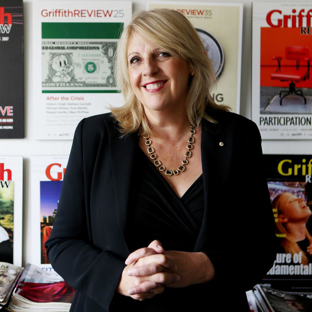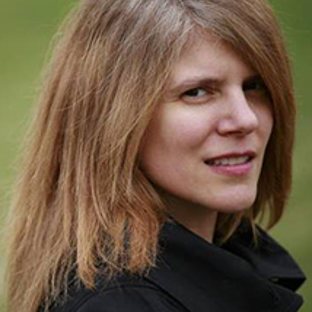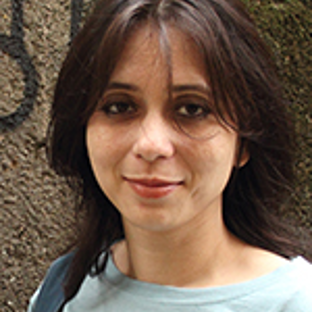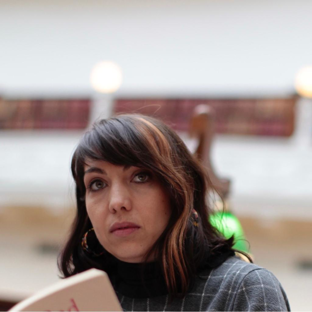For many of us, the Commonwealth is associated, for better or for worse, with the old days of British colonial rule: cricket whites, tea plantations, ‘God Save the Queen’.
But whatever our collective ideas around this unusual global entity are, they likely won’t last much longer. The member states have a combined population of 2.4 billion people and more than 60 per cent of those people are aged under 30. The Commonwealth is young, it’s growing and it’s changing.
So, what exactly does the Commonwealth mean, and what does it do in 2018? What do we share with the other 51 countries – including Tonga, Pakistan, Barbados, Canada and Mozambique – in this sprawling, disparate global club? And will this organisation ever wield any real power or influence?
On the opening night of the Commonwealth Games on the Gold Coast, we’re presenting a group of Griffith Review writers from around the world to look into these questions. They’ll discuss the Griffith Review’s Commonwealth Edition and talk legacy and law, history, health and human rights in the Commonwealth today.
Dymocks Camberwell will be our bookseller at this event.
Featuring

Julianne Schultz
Professor Emeritus Julianne Schultz AM FAHA is the Chair of The Conversation. She was the publisher and founding editor of Griffith Review, and is Professor Emeritus of Media and Culture at Griffith's Griffith Centre ...

Kateri Akiwenzie-Damm
Kateri Akiwenzie-Damm is a writer, poet and spoken-word performer of Canadian-Chippewas of Nawash First Nation descent. She is the founder and managing editor of Kegedonce Press, a publishing house that develops, promotes and publishes the work of Indigenous writers nationally and internationally. Her latest collection of short stories is The Stone Collection (HighWater Press, 2015).

Annie Zaidi
Annie Zaidi writes fiction, non-fiction, poetry and scripts.
She is the editor of Unbound: 2,000 years of Indian Women’s Writing (Aleph, 2015) and the author of Gulab (HarperCollins, 2014); Love Stories # 1 to 14 (HarperCollins, 2012); and Known Turf: Bantering with Bandits and Other True Tales (Tranquebar, 2010).
She is also the co-author of The Good Indian Girl (Zubaan, 2011). Her work has appeared in several anthologies, including Eat the Sky, Drink the Ocean (Allen & Unwin, 2015), Mumbai Noir (Akashic, 2012), Walking Towards Ourselves (Hardie Grant, 2016) and Women Changing India (Zubaan, 2013).

Timmah Ball
Timmah Ball is a nonfiction writer, researcher and creative practitioner of Ballardong Noongar heritage. In 2018 she co-created Wild Tongue Zine for Next Wave Festival with Azja Kulpinska which interrogated labor inequality in the arts industry. In 2016 she won the Westerly magazine Patricia Hackett Prize, and her writing has appeared in a range of anthologies and literary journals.
